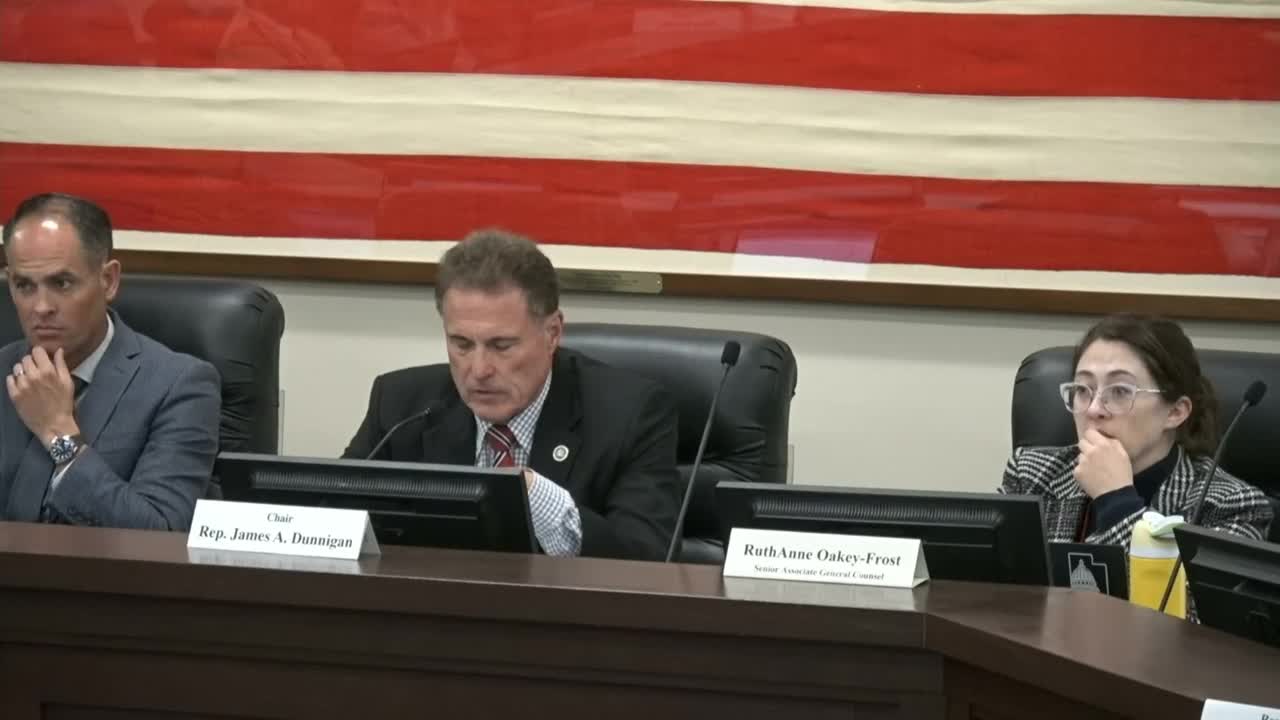Local leaders clash over housing policy and infrastructure challenges
October 16, 2024 | Utah Interim, Utah Legislative Branch, Utah
This article was created by AI summarizing key points discussed. AI makes mistakes, so for full details and context, please refer to the video of the full meeting. Please report any errors so we can fix them. Report an error »

In a recent government meeting, local officials expressed significant concerns regarding infrastructure challenges as they discussed proposed housing developments. A city representative highlighted the inadequacies of existing sewer and water systems, stating that many utilities were already stretched thin due to the number of households in the area. The representative emphasized that adding more homes would exacerbate these issues, particularly in neighborhoods where multi-family living arrangements are common.
The discussion also touched on the fairness of altering the character of established subdivisions. One official voiced strong opposition to allowing new homes to be built on existing residential lots, arguing that it undermines the expectations of current homeowners who purchased properties based on specific community layouts. The representative suggested that any new housing initiatives should be confined to new developments where potential buyers are aware of the community's design.
Infrastructure and parking were recurring themes, with representatives noting that many small towns face limitations due to water rights and existing utility capacities. Concerns were raised about the impact of dense housing developments on local businesses, particularly regarding insufficient parking for residents and customers alike.
The conversation also included support for accessory dwelling units (ADUs), with some officials advocating for their inclusion in all residential zones. However, there was a call for local autonomy in regulating these units, suggesting that while a state minimum requirement to allow ADUs could be beneficial, individual communities should retain the authority to set specific regulations based on their unique circumstances.
Overall, the meeting underscored the complexities of balancing housing development with infrastructure capabilities and community integrity, highlighting the need for careful consideration of local conditions in any statewide housing policy.
The discussion also touched on the fairness of altering the character of established subdivisions. One official voiced strong opposition to allowing new homes to be built on existing residential lots, arguing that it undermines the expectations of current homeowners who purchased properties based on specific community layouts. The representative suggested that any new housing initiatives should be confined to new developments where potential buyers are aware of the community's design.
Infrastructure and parking were recurring themes, with representatives noting that many small towns face limitations due to water rights and existing utility capacities. Concerns were raised about the impact of dense housing developments on local businesses, particularly regarding insufficient parking for residents and customers alike.
The conversation also included support for accessory dwelling units (ADUs), with some officials advocating for their inclusion in all residential zones. However, there was a call for local autonomy in regulating these units, suggesting that while a state minimum requirement to allow ADUs could be beneficial, individual communities should retain the authority to set specific regulations based on their unique circumstances.
Overall, the meeting underscored the complexities of balancing housing development with infrastructure capabilities and community integrity, highlighting the need for careful consideration of local conditions in any statewide housing policy.
View full meeting
This article is based on a recent meeting—watch the full video and explore the complete transcript for deeper insights into the discussion.
View full meeting

